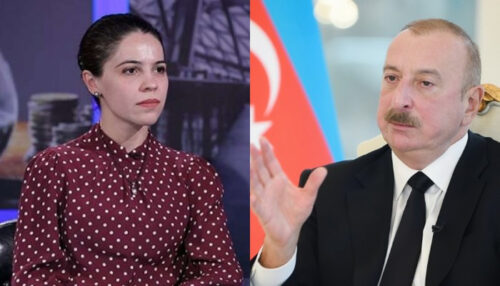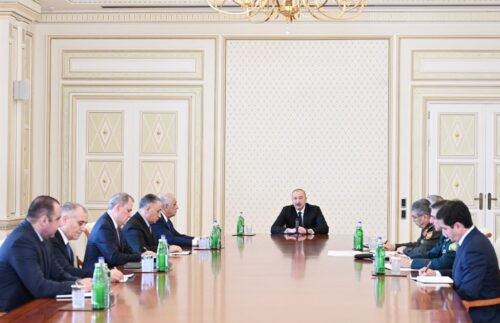
Special Eurasia: Yerevan’s strategy between Moscow and Brussels is fraught with a number of dangers
On April 12, 2025, during a Moscow-based business forum, Samvel Karapetyan, a leading Armenian industrialist and President of the Armenian Businessmen Association (ABA), made pointed remarks on the economic consequences Armenia may face if it distances itself from the EAEU. His statements reflect broader concerns among Armenia’s economic elite about the government’s pro-Western trajectory under Prime Minister Nikol Pashinyan, Special Eurasia writes.
As noted, since the 2020 and 2023 crises in Nagorno-Karabakh, Yerevan has grown increasingly disillusioned with Russia’s commitment as a security guarantor. That disillusionment has translated into a gradual realignment, including legislative efforts aimed at EU convergence.
Yet Armenia remains economically intertwined with the EAEU. EU membership, however, is a long-term prospect requiring extensive reforms, full compliance with existing EU laws, and the agreement of every member state.
As noted, public opinion shows internal divisions. Although some groups support the government’s pro-Western policies, others, especially those with strong economic ties to Russia, believe this approach is too soon and dangerous.
Karapetyan’s argument hinges on hard economic realities. In 2024, Armenia’s trade with EAEU partners reached 12.7 billion USD, whereas trade with the EU stood at just 2 billion USD, having declined 14% from the previous year. The disparity is not merely numerical, but structural. Armenia’s exports to the EAEU consist primarily of low-to-mid-value, price-sensitive products requiring minimal logistical effort. In contrast, EU markets require products to meet higher regulatory and competitive standards.
Leaving the EAEU would mean bringing back customs barriers, stopping regulatory alignment, and probably ending Russian energy subsidies. This would drive up industrial and household energy costs, reduce competitiveness, and destabilize the small business sector.
The article says Russia continues to regard the South Caucasus as a strategic buffer zone. Moscow would interpret Yerevan’s departure from the EAEU as a hostile shift, likely retaliating.
Yerevan can also expect less cooperation from the Collective Security Treaty Organization (CSTO), especially given the Armenian government’s repeated accusations of CSTO inaction and failure to shield Armenia from Azerbaijani aggression. Russia’s reluctance to intervene during the Nagorno-Karabakh conflict has already undermined the organization’s credibility. Yet a formal rupture could see Armenia excluded altogether, further exposing it to regional threats without a credible military substitute. Western governments remain cautious, particularly regarding whether Europe would intervene militarily to support Yerevan if Baku launched an attack.
The website writes that displaced populations from Nagorno-Karabakh continue to protest over perceived state neglect. If economic conditions deteriorate because of the loss of EAEU ties, these grievances may coalesce with broader dissatisfaction.
“The real danger is not electoral loss, but the crippling political stalemate and weakening governance that could jeopardize any major strategic shift,” the article states.
As noted, shifting regional dynamics may embolden Azerbaijan and Turkey for further escalation.
The government’s shift toward Brussels shows a deliberate effort to move away from Moscow’s influence. However, as Karapetyan’s warnings make clear, the costs of doing so prematurely, or without adequate preparation, could be severe.
“Considering Moscow’s interests in the South Caucasus, Russia will continue to pressure the Armenian government by increasing its cultural diplomacy to address and affect local population and Nagorno-Karabakh refugees. Furthermore, Moscow, and pro-Kremlin Armenians, could pressure Yerevan economically if Armenia distances itself from the EAEU and strengthens ties with the West,” the article says.



